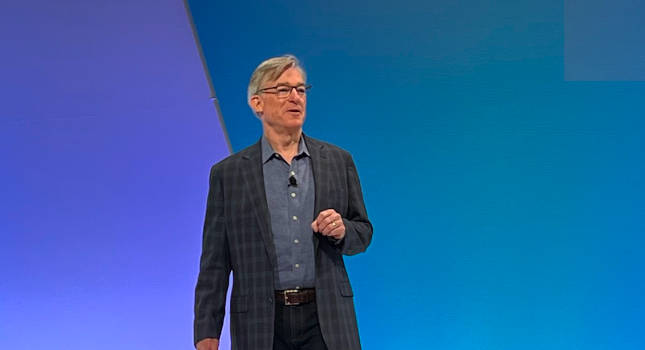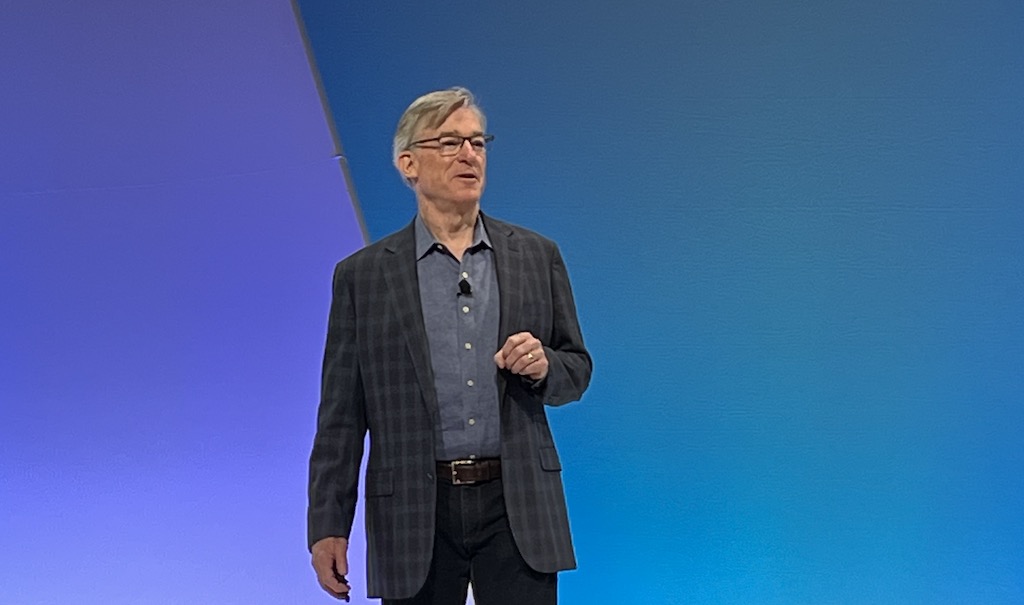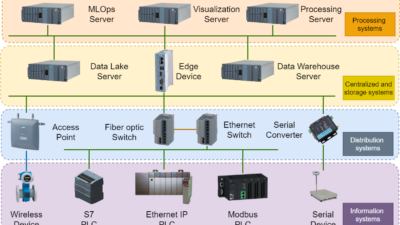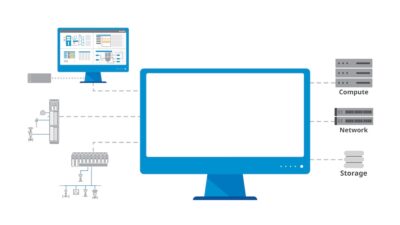The manufacturing landscape has evolved to where consumer, industrial and cultural demands are changing and creating a world where manufacturers need to be agile and flexible in their approach.

Digital transformation insights
- Manufacturers are using digital transformation to be more agile, resilient and sustainable in their operations, which are becoming more customized.
- Sustainability is a growing focus for companies looking to improve their products through digital transformation.
Manufacturing, even before the COVID-19 pandemic, was going through many changes and evolving to a more digitalized and virtual world than before. Rockwell Automation chairman and CEO Blake Moret reflected on this during his opening speech at Automation Fair at McCormick Place in Chicago.
The growing need for automation, the skills gap, the rise of the Industrial Internet of Things (IIoT) and the growing cybersecurity threat in manufacturing were prevalent before COVID-19, but Moret said since the last time they had their event in 2019, there have been seismic changes in how manufacturers operate.
“We’ve had 20 years of evolution in manufacturing in two because we had to,” Moret said. “These came with costs, some of which we’re still recovering form, but it’s making us more agile, resilient and sustainable.”
Cyril Perducat, SVP and CTO for Rockwell Automation, said companies looking to build a flexible and interoperable system need to realize it can’t be a one-off change. “You have to permanently reinvent yourself and your processes.”
Agility is important, but manufacturers also need to be fast, said Brian Shepherd, SVP of software and control for Rockwell Automation. “Manufacturers have been adapting and improving and we’re hearing about these wins, but at the same time, they don’t feel like they’re moving fast enough. Speed is the only way to survive because targets keep moving and threats are accelerating. You need to be able to pivot and you need the agility along with it.”
Bringing agility and sustainability to manufacturing with digital transformation
Digital transformation has been a key component for manufacturing and there are initiatives to accelerate its presence. Kevin Laczkowski, senior partner at McKinsey & Company, said his organization and the World Economic Forum have created a Global Lighthouse Network to highlight organizations that have made breakthrough approaches in digital transformation.
There are four aspects to a lighthouse: The impact achieved, integrated use cases, enablers and technology platforms.
They also have demonstrated impact across three dimensions, Laczkowski said: Productivity, resilience and agility, and sustainability.
However, scaling remains an issue for companies looking to develop their digital transformation platform. Headwinds such as a large and complex manufacturing footprint with various digital maturities and engaging thousands of people in the digital transformation journey takes time.
Engaging those people, Laczkowski said, is a problem in of itself because getting people upskilled is not easy. Time and effort is required, but the process is well worth it.
“The impact is beyond productivity,” he said. “Sustainability, resilience and agility outcomes are increasingly common.”

The importance of sustainability in manufacturing
Sustainability has been a growing trend in manufacturing for a few years now and it isn’t just related to reducing carbon emissions, though that is a large part of the program.
Laczkowski said, “Sustainability improvement leads to productivity improvement.”
Through that, companies can reduce the overall labor footprint and the market demand.
“We’ve always been involved with the efficiency we provide,” Moret said. We’ve expanded what we can do with the software to provide visibility. There are renewable companies out there trying to meet demand that is not like anything we’ve ever seen before.”
Many companies aren’t on track to meet their sustainability goals even though it’s recognized as a key challenge for their future success. It’s part of the flexibility and agility aspect manufacturer need to be successful.
“We are all of us leading in a rapidly-changing world,” said Tessa Myers, senior VP of intelligent devices at Rockwell Automation. “Every day we’re surrounded by complexity, uncertainty and quite a bit of volatility. The good news: We’ve never been more prepared to succeed.”
Chris Vavra, web content manager, Control Engineering, CFE Media and Technology, [email protected].



